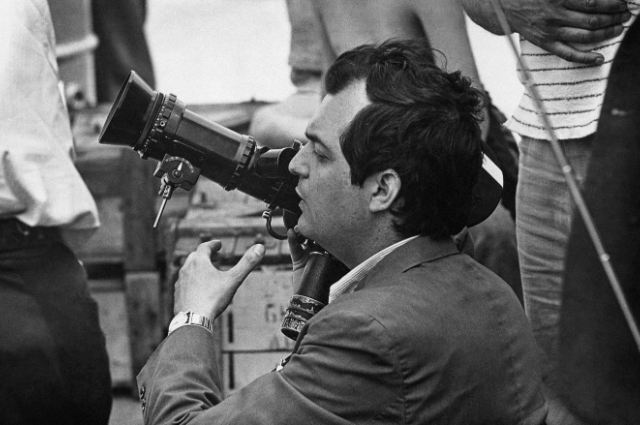Stanley Kubrick, often regarded as one of the greatest filmmakers in the history of cinema, left an indelible mark on the medium with his unique and visionary approach to storytelling. Over the course of his career, Kubrick directed a limited number of films, but each one stands as a cinematic masterpiece in its own right. This essay will critically examine some key aspects of Stanley Kubrick's work and his impact on the film industry.
Kubrick's filmmaking style is characterized by meticulous attention to detail, deliberate pacing, and an uncompromising commitment to his artistic vision. His perfectionism and insistence on complete creative control over his projects led to extended production timelines and sometimes strained relationships with actors and crew. However, this uncompromising nature is also what allowed him to craft films that transcend the boundaries of genre and push the boundaries of storytelling.
One of the hallmarks of Kubrick's work is his ability to explore a wide range of genres, from science fiction in "2001: A Space Odyssey" to psychological horror in "The Shining," and war in "Full Metal Jacket." His willingness to tackle diverse subject matter, combined with his distinctive visual style, made each film a unique and thought-provoking experience. For example, "A Clockwork Orange" delves into themes of free will and societal control in a dystopian future, while "Eyes Wide Shut" explores the complexities of human sexuality and relationships.
Kubrick's films are known for their visual and auditory impact. He often employed innovative techniques in cinematography and sound design to create immersive and unsettling experiences. The famous "star gate" sequence in "2001: A Space Odyssey" is a prime example of his ability to transport the audience to otherworldly realms. Similarly, the use of classical music in "A Clockwork Orange" and the eerie silence in parts of "The Shining" contribute significantly to the emotional impact of these films.
Kubrick's films are also noted for their ambiguity and open-ended narratives. He often left room for interpretation, allowing audiences to engage in critical thinking and debate. This quality is especially evident in "2001: A Space Odyssey," where the enigmatic ending has sparked countless discussions and theories. This open-mindedness challenges viewers to think beyond the screen and to engage with the material on a deeper level.
Despite the critical acclaim and enduring popularity of Kubrick's films, his work was not without controversy. "A Clockwork Orange" faced censorship and was withdrawn from distribution in the United Kingdom for several decades due to its graphic content. "Eyes Wide Shut" generated debates about sexual content and its effect on audiences.
In conclusion; Stanley Kubrick was a cinematic maverick who pushed the boundaries of filmmaking. His commitment to his artistic vision, diverse subject matter, and innovative techniques have solidified his status as one of the most influential directors in film history. Kubrick's films challenge viewers to think critically, appreciate the art of filmmaking, and explore the complexities of the human experience. While not without controversy, his work continues to captivate and inspire audiences, and his legacy as a filmmaker remains unparalleled.

